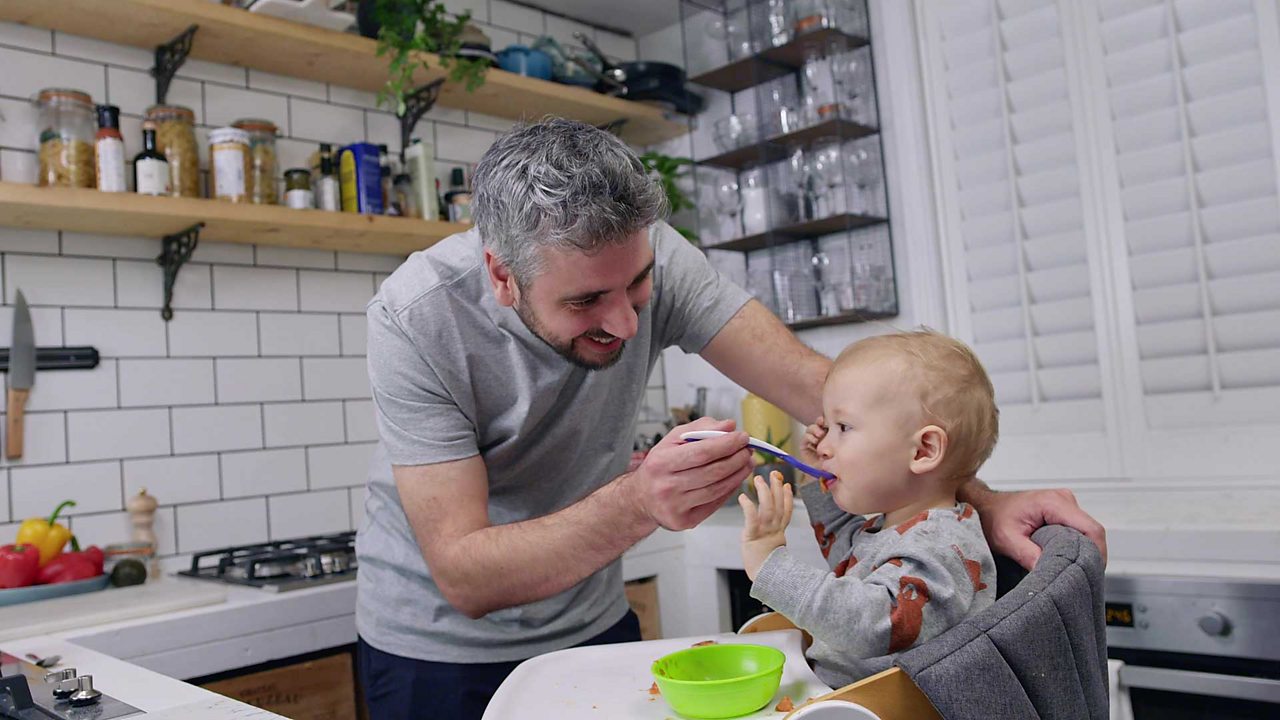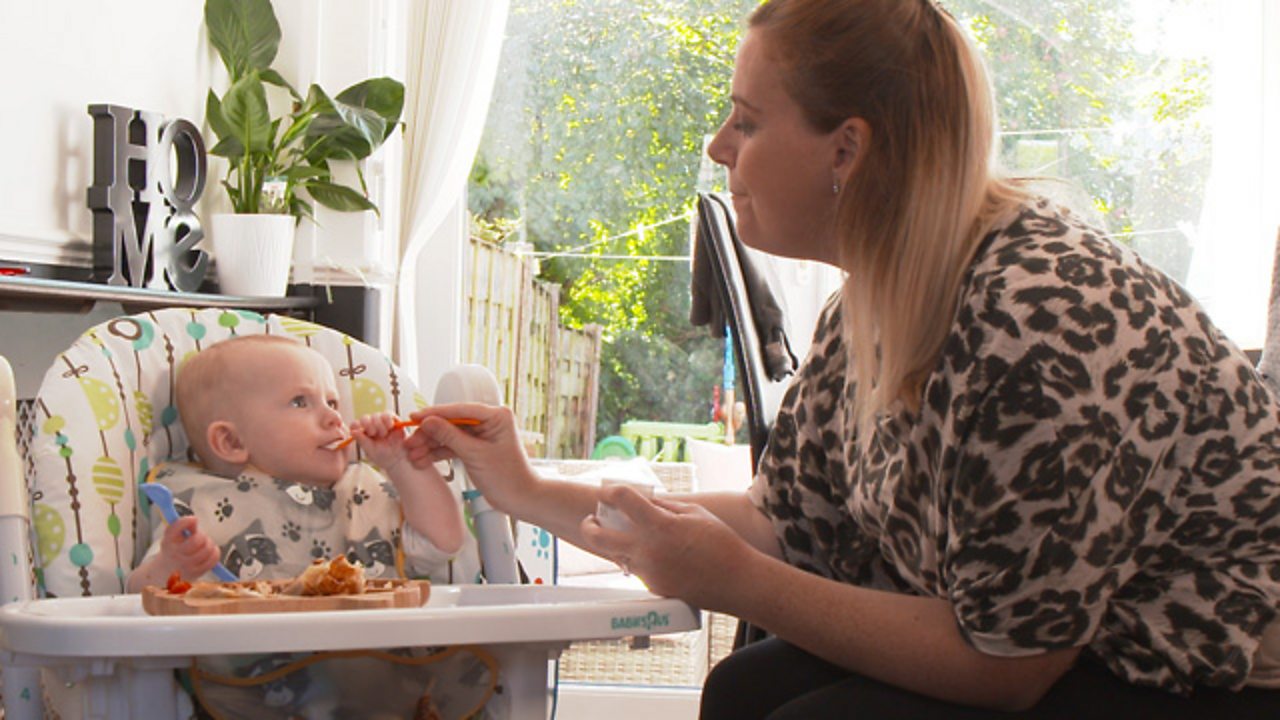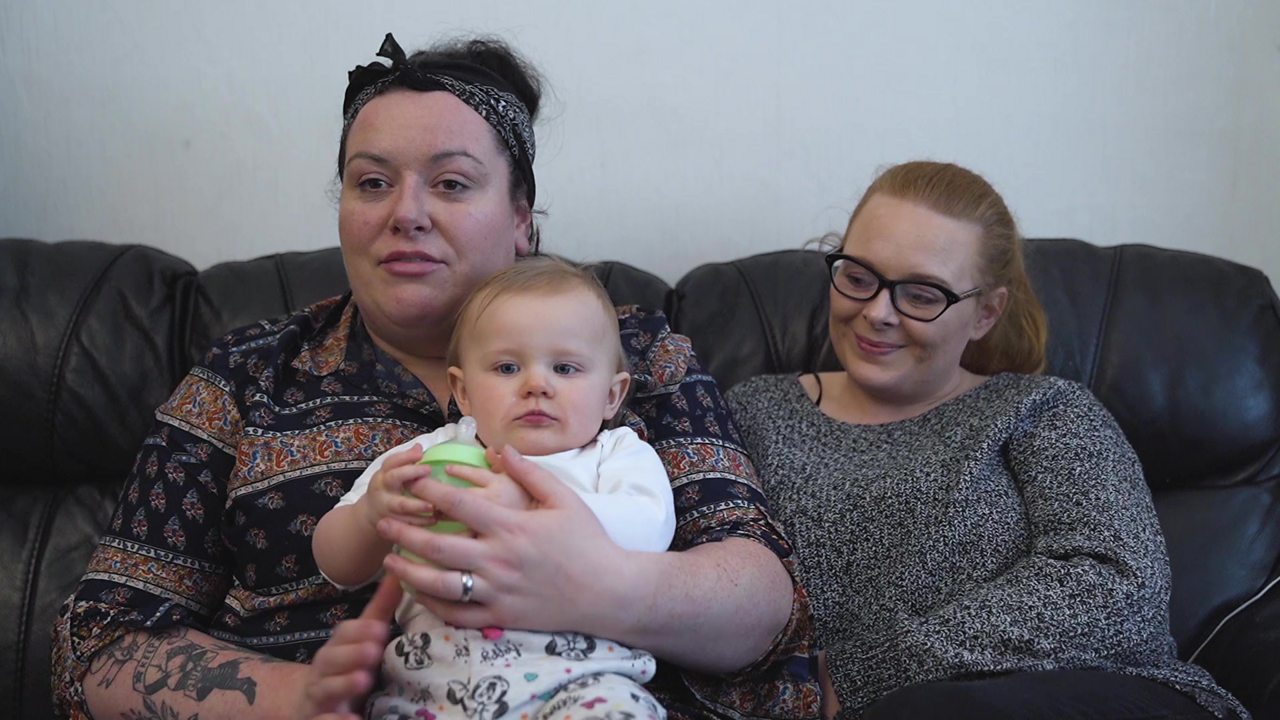Weaning and baby foods: What can my baby eat and when?
Written by Angharad Banner, independent & NHS registered children's dietitian.
Every baby is different and just because your friend’s child is munching on solids doesn’t necessarily mean your baby is ready.
The NHS recommends waiting to wean until around six months.
There are signs that can help you decide whether your baby is ready for food. Waking up at night or demanding more milk might just mean they’re going through a growth spurt, but look out for other indications like:
- Are they showing an interest in you or others eating?
- Can your baby sit in a seated position and hold their head up?
- Do they like to put toys and other objects like plastic spoons in their mouth?
If you think your baby is ready then give it a go!
Do they still need milk?
Once they start weaning, babies still need regular breast feeds or around 500- 600mls of formula.
When it comes to stopping breastfeeding, don’t feel any pressure to do so. Circumstances may mean you can no longer feed but many mothers continue to, well into their baby’s second year.
Full fat cow’s milk can be given instead of formula milk once your baby turns one and they are eating well from all the food groups.
If your baby has been slow to wean, you could continue the formula or breast milk a little while longer.
What foods should I start with?
The ideal first foods are fruits and vegetables. Carrot, parsnip, sweet potato, swede and butternut squash are all easy vegetables to start with, as well as potatoes, which can be pureed easily. Fruits such as apple, pear and banana work well too.
Start by offering single fruits and vegetables and then move on to a combination such as carrot and potato or pea and leek.
Remember not to add any sugar or salt to your baby’s meals.
What food groups do babies need?
After the first few weeks of weaning, consider giving your baby foods from all the food groups, which are:
- starchy foods such as rice, pasta, potatoes, cereals and bread
- protein foods such as meat, fish, beans, pulses, tofu and egg
- dairy foods including yoghurt, custard and cheese
- fruits and vegetables
A balanced diet from these groups will help them get all the vitamin, minerals, fats and protein they need, although milk provides most of this in the early stages.
Iron is particularly important, as they’ll have low stores of it at around six months of age. Try and include iron-rich foods in their meals such as meat, chickpeas, kidney beans and butter beans as well as fortified breakfast cereals.
How should I feed them?
There’s no right way, whatever is best for you and your baby. A smooth puree with a spoon for you and baby works well but you may prefer to try more finger foods, or a bit of both.
Finger foods include things like cooked carrot sticks or small pieces of cooked broccoli (‘trees’) that your baby can more easily grab on to.
Some babies are very independent and prefer to feed themselves, so giving them a spoon or finger foods alongside their puree can really help them find their way.
When should I change textures and flavours?
- Initially, at around 6 months, it will be a smooth puree and some soft finger foods. After the first few weeks, try a slightly thicker puree with some soft lumps, which will help your baby get used to different textures in their mouth. Why not try Miguel Barclay's carrot and potato or pea and leek purees?
- At around nine to twelve months you can start to mash, chop or mince your baby’s food instead of pureeing. This is a bit of a turning point as meals will start to look more familiar to you! Why not try Miguel's first curry?
- Offering soft finger foods like cooked vegetables and soft fruits like banana pieces alongside every stage helps with self-feeding as well as providing a different texture. At around 12 months you can mash and chop family meals (like these fajitas or this bolognese).
There is no set time to introduce different flavours – it will happen naturally as you give them a variety of foods and meals. There’s no need to keep foods bland and plain; experiment and change textures according to your baby’s stage.
What foods should I avoid?
Salt and Sugar
Avoid adding salt to your baby’s foods as well as giving them too many salty foods, such as bacon and baked beans. Also avoid processed foods that are high in sugar.
Honey
This may contain bacteria that could harm your baby so avoid if they’re less than 12 months old. Once they’re a year old, it can be freely included.
Nuts
Ground nuts or smooth nut butters can be given around six months of age. Whole nuts should be avoided until they’re around five years old as there is a risk of choking.
Cheese
Many cheeses such as cheddar and cream cheese are fine, but some like brie, camembert and blue-veined cheeses may contain bacteria and should be avoided.
Always cut cherry tomatoes and grapes into quarters, as these are also a choking hazard.
Best of luck on your weaning journey - hopefully our recipes give you some great ideas!





